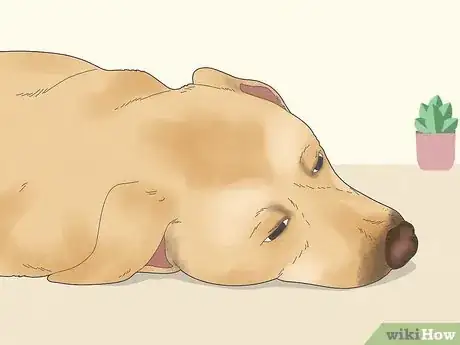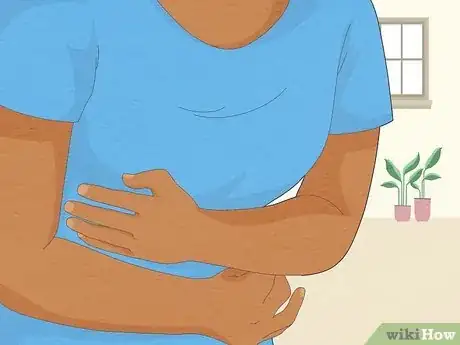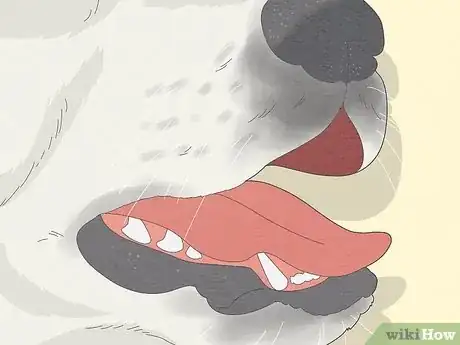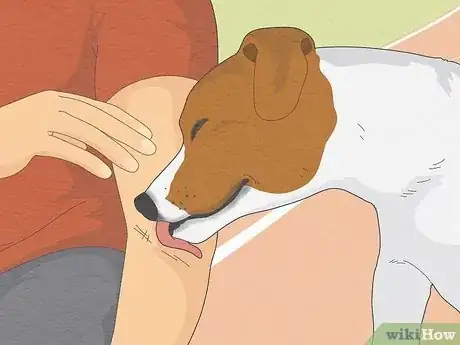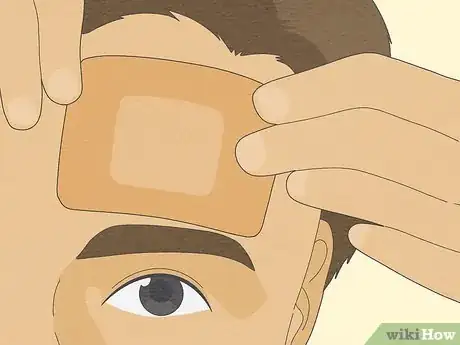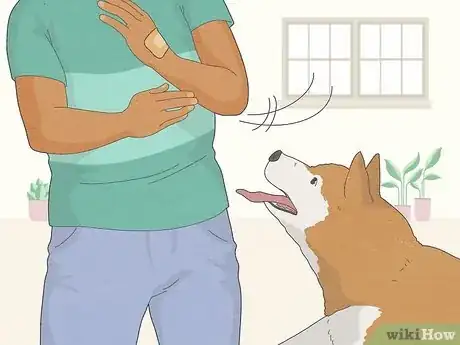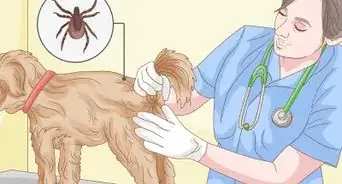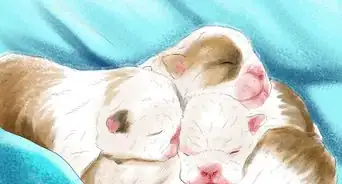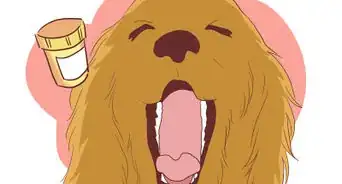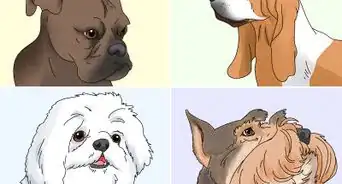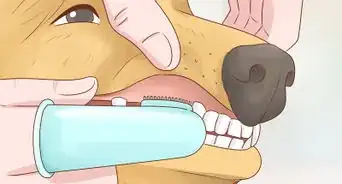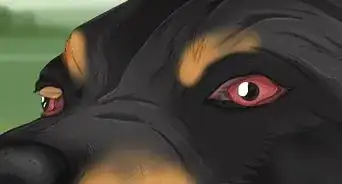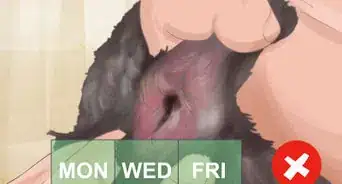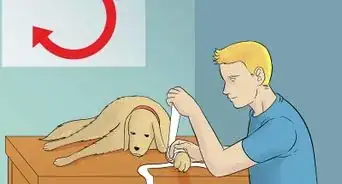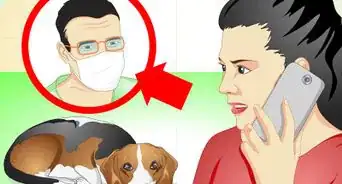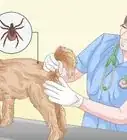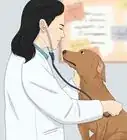This article was co-authored by wikiHow staff writer, Hannah Madden. Hannah Madden is a writer, editor, and artist currently living in Portland, Oregon. In 2018, she graduated from Portland State University with a B.S. in Environmental Studies. Hannah enjoys writing articles about conservation, sustainability, and eco-friendly products. When she isn’t writing, you can find Hannah working on hand embroidery projects and listening to music.
This article has been viewed 2,532 times.
Learn more...
Have you ever gotten a cut or a scrape, only to have your dog seem overly invested in that little bit of blood? Dogs will not only lick their own wounds, but they’ll also try to lick wounds of their human companions—but why is that? And will human blood make them sick? In this article, we’ll explain exactly why your pup wants to lap up that little bit of blood and what might happen if you let them. For scientific and evolutionary explanations, keep reading.
Things You Should Know
- If a dog licks human blood, there’s a chance that they could get sick or get an upset stomach.
- There’s also a chance that they could pass disease or bacteria to you, making you ill.
- Dogs lick your wounds because they want to help you heal and they care about you.
- Stop your dog from licking your wounds by covering your cuts and scrapes with bandages.
Steps
How to Prevent Your Dog from Licking Your Wounds
-
1Cover your wound with a bandage or gauze. Clean your wound with a disinfectant to avoid infection, then cover it up. Keeping a wound covered will not only put a barrier between it and your dog, but it will also speed up the healing process, too.[5]
- Always seek medical care for severe wounds that may need stitches.
-
2Keep your wound out of your dog’s reach. The best way to prevent your dog from licking your wounds is to not give them access to the wounds in the first place. If your dog comes near you, cover your wound with clothing or get up and walk away. Eventually, they’ll lose interest and will likely leave you (and your wound) alone.
- If your dog really won’t leave it, distract them with a treat or a fun toy instead.
References
- ↑ https://www.ncbi.nlm.nih.gov/pmc/articles/PMC5319273/
- ↑ https://www.cdc.gov/healthypets/pets/dogs.html
- ↑ https://www.psychologytoday.com/us/blog/canine-corner/201106/can-dogs-help-humans-heal
- ↑ https://wagwalking.com/behavior/why-do-dogs-always-lick-your-cuts
- ↑ https://www.nhs.uk/common-health-questions/accidents-first-aid-and-treatments/how-do-i-clean-a-wound/
